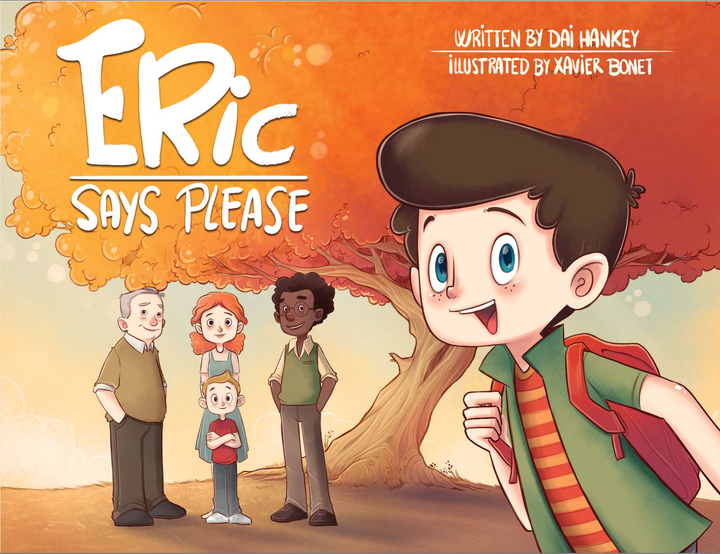
prayer


Eric Says Thanks by Dai Hankey – A Review

5 Things To Pray For Your Church by Rachel Jones – A Review

When did you last pray like this? (or How to Blow up your horizon with the apostle Paul…)
